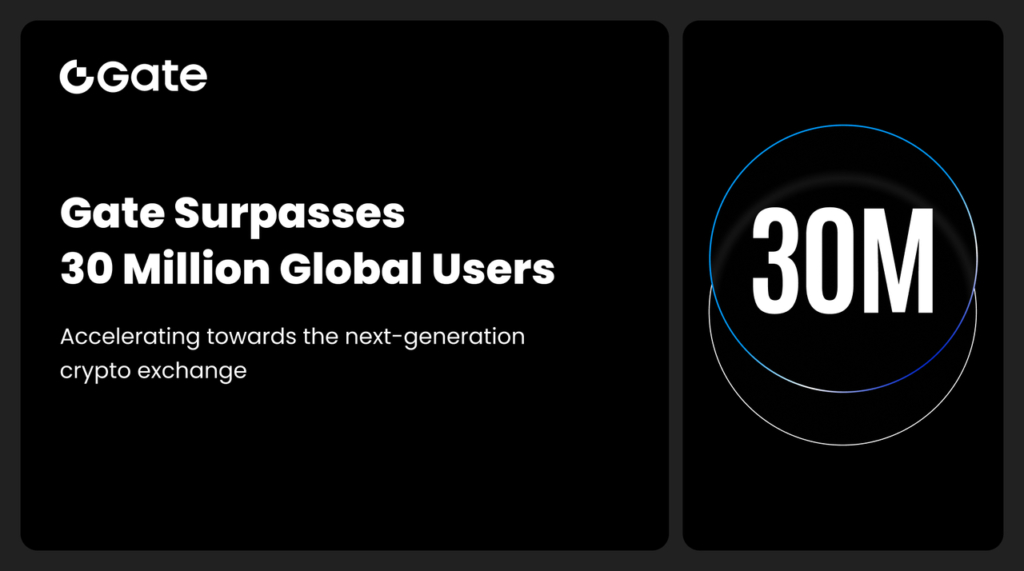FTX, the cryptocurrency exchange that filed for bankruptcy in December 2022, has revealed a significant deficit in its digital asset and fiat currency holdings.
The shortfall, which amounts to billions of dollars in missing customer funds, affects both FTX and its US-based subsidiary, FTX US.
According to a presentation released by FTX on March 2, the exchange held $2.2 billion in exchange wallets and fiat accounts, with only $694 million categorized as the most liquid “Category A Assets” that include cash, stablecoins, Bitcoin (BTC) and Ether (ETH) priced at the latest spot prices.
The wallets associated with FTX US held only $191 million in total assets, along with $28 million of customer receivables and $155 million of related party receivables.
The presentation also revealed that FTX recorded surpluses across its less liquid “Category B Assets,” including its own FTX Token (FTT).
However, these holdings are insignificant compared to the deficits on its other held assets. FTX wallets showed a $9.3 billion net borrowing by the exchange’s sister trading firm, Alameda Research, and a $107 million net payable to Alameda from FTX US.
FTX recorded a total deficit of $8.6 billion across all wallets and accounts, while FTX US recorded a deficit of $116 million.
John J. Ray III, the chief restructuring officer and CEO of FTX, commented that the presentation is the second in a “series” as FTX continues to uncover the facts of this situation, adding that “the exchanges’ assets were highly commingled, and their books and records are incomplete and, in many cases, totally absent.”
The revelation comes as former FTX engineering director Nishad Singh pleaded guilty to charges of wire fraud along with wire and commodities fraud conspiracy.
The ongoing investigation has shed light on the chaotic nature of FTX’s financial records and the challenges facing those tasked with recovering missing customer funds.
Despite the challenges, FTX has vowed to continue its efforts to uncover the truth and rectify the situation. However, the situation serves as a stark reminder of the risks associated with investing in cryptocurrency and the importance of due diligence when choosing a platform to trade on.



